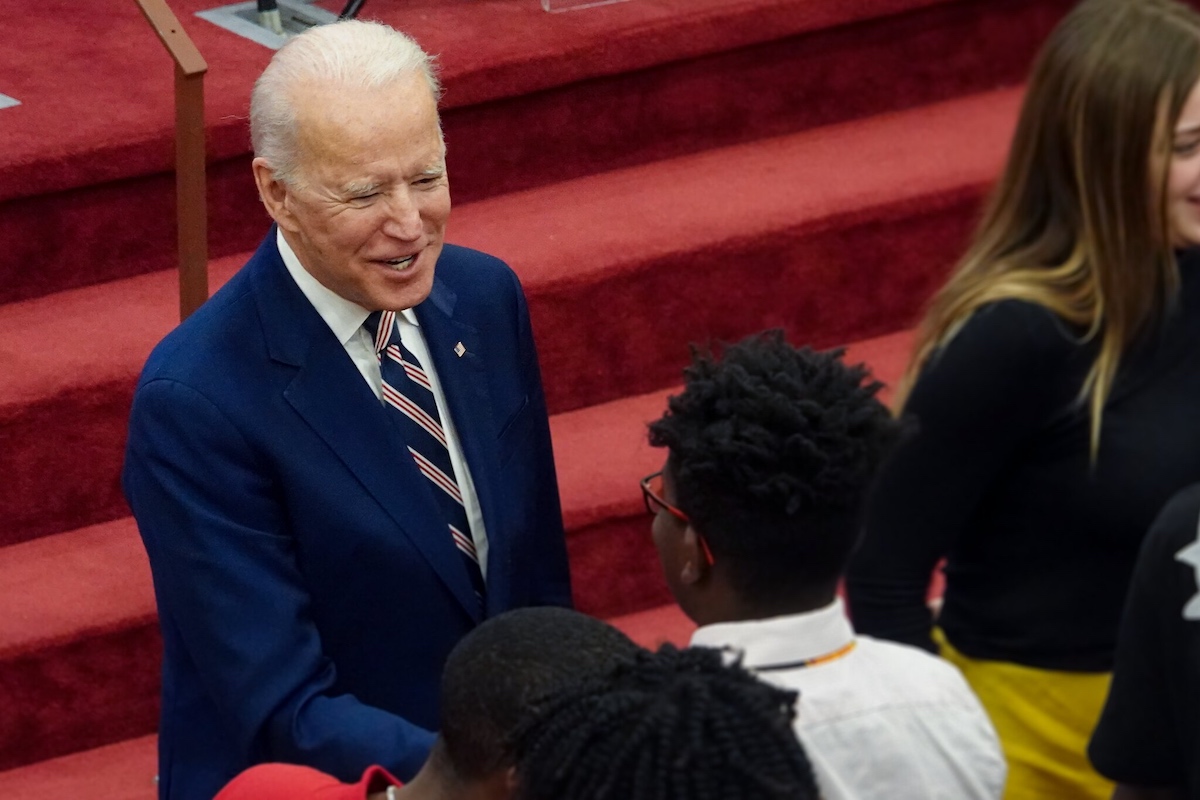President-elect Joe Biden made it clear during his presidential campaign that reducing the $1.6 trillion in U.S. student debt was a top priority if he became president. With his January inauguration imminent, murmurs of whether student debt forgiveness has all but reached a fever pitch.
But according to these two economists, that may not be the best way to help borrowers around the country.
New research from The Wharton School’s Sylvain Catherine and University of Chicago Booth School of Business’s Constantine Yannelis makes the case that student debt forgiveness would favor wealthy people.
By eliminating all student loan debt, $192 billion would be distributed to the top 20% of U.S. earners, while the bottom 20% of U.S. earners would only receive $29 billion, according to their research.
Higher earners borrowing more for education to boost their careers would benefit more from forgiveness than lower earners who collectively borrowed less but might have a harder time paying it back, as Catherine, an economist and an assistant professor of finance at University of Pennsylvania’s business school, told Technical.ly.
Instead, the researchers say, income-driven repayment plans for student loans could be more beneficial to more borrowers than student loan forgiveness. Income-based repayment is a federal program that bases monthly student loan amounts on a borrower’s annual income. Borrowers pay 15% of their discretionary income, or income above 150% of the poverty line.
“There are a lot of people that would be better off if they enroll in income-based repayment,” Catherine said. “There’s a lot of work to be done in making this system easier.”
Under income-based repayment plans, loans are forgiven after 20 to 25 years. For lower-income borrowers who are making lower payments over that amount of time, their loans would still forgiven even if they are nowhere near their balance.
Catherine explained that student loan forgiveness is different from student loan elimination. The debt of borrowers wouldn’t be erased, but instead, passed off to the general population. He added that with debt being reallocated across the general population, the public debt could significantly rise.
The rise in debt for Americans of all backgrounds presents its own issues. On a macro level, people who never attended college and incurred student debt would possibly have to pay higher taxes because of student debt forgiveness for those who did attend college.
“It’s not free at all,” he said. “If you cancel $1 trillion of all student debt, the public debt of everyone rises. Student debt would be spread across everyone.”
A different issue Catherine presented with student debt forgiveness is the possibility of higher taxes elsewhere in society. While borrowers would have less or no student debt, the student debt payments they would have made to the government might reflect differently in another form as taxes for public programs or another cause that relied upon that money.
Michael Butler is a 2020-2022 corps member for Report for America, an initiative of The Groundtruth Project that pairs young journalists with local newsrooms. This position is supported by the Lenfest Institute for Journalism.Join the conversation!
Find news, events, jobs and people who share your interests on Technical.ly's open community Slack

Philly daily roundup: Earth Day glossary; Gen AI's energy cost; Biotech incubator in Horsham

Philly daily roundup: Women's health startup wins pitch; $204M for internet access; 'GamingWalls' for sports venues

Philly daily roundup: East Market coworking; Temple's $2.5M engineering donation; WITS spring summit


